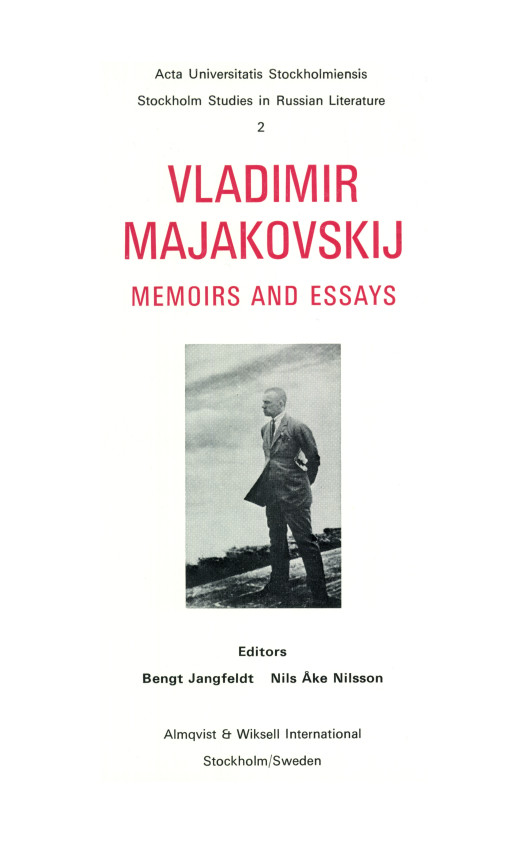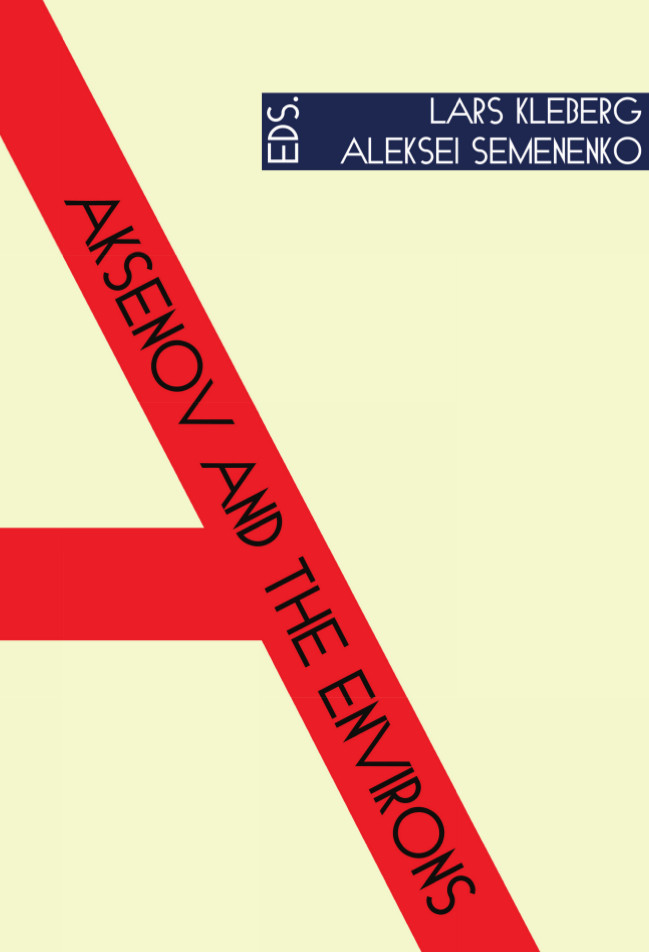Thomas Harrison: 1910: The Emancipation of Dissonance (1996)
Filed under book | Tags: · 1910s, aesthetics, art, art history, avant-garde, expressionism, literature, music, music history, painting, philosophy, sociology

The year 1910 marks an astonishing, and largely unrecognized, juncture in Western history. In this perceptive interdisciplinary analysis, Thomas Harrison addresses the extraordinary intellectual achievement of the time. Focusing on the cultural climate of Middle Europe and paying particular attention to the life and work of Carlo Michelstaedter, he deftly portrays the reciprocal implications of different discourses—philosophy, literature, sociology, music, and painting. His beautifully balanced and deeply informed study provides a new, wider, and more ambitious definition of expressionism and shows the significance of this movement in shaping the artistic and intellectual mood of the age.
1910 probes the recurrent themes and obsessions in the work of intellectuals as diverse as Egon Schiele, Georg Trakl, Vasily Kandinsky, Georg Lukàcs, Georg Simmel, Dino Campana, and Arnold Schoenberg. Together with Michelstaedter, who committed suicide in 1910 at the age of 23, these thinkers shared the essential concerns of expressionism: a sense of irresolvable conflict in human existence, the philosophical status of death, and a quest for the nature of human subjectivity. Expressionism, Harrison argues provocatively, was a last, desperate attempt by the intelligentsia to defend some of the most venerable assumptions of European culture. This ideological desperation, he claims, was more than a spiritual prelude to World War I: it was an unheeded, prophetic critique.
Publisher University of California Press, 1996
ISBN 0520200438, 9780520200432
264 pages
Reviews (Martino Marazzi; Tyrus Miller; Daniela Bini; Christopher Hailey; Richard Mattin; Dennis Sexsmith)
Review (Laura A. McLary, Monatshefte)
Review (Thomas Kovach, Austrian History Yearbook)
Review (Marco Codebo, Carte Italiane)
Wikipedia
PDF (some images are missing)
View online (HTML, with images)
Vladimir Majakovskij: Memoirs and Essays (1975)
Filed under book | Tags: · avant-garde, history of literature, literature, poetry

“This collection of materials on Majakovskij is the result of Swedish-Russian cooperation, with the Russian side represented by such prominent contributors as Lilja Brik, Elsa Triolet, N. Xardziev, and V. Katanjan. As the highlight, the reader will unquestionably single out the memoirs by Lilja Brik and Elsa Triolet. Written in 1956, both were originally intended for the ill-fated second volume of materials on Majakovskij which was to appear in the series Literaturnoe nasledstvo and which Central Committee banned from publication in 1958.” (from a review by Halina Stephan)
Edited by Bengt Jangfeldt and Nils Åke Nilsson
Publisher Almqvist & Wiksell International, Stockholm, 1975
ISBN 9122000275
196 pages
PDF (updated on 2013-12-8)
See also:
Bengt Jangfeldt: Majakovskij and Futurism, 1917-1921 (133pp, 1976, updated on 2013-12-8)
VV Majakovskij, LJ Brik: Correspondence 1915-1930 (in Russian, 299pp, 1982) — the link is dead, anyone has a backup?
Lars Kleberg, Aleksei Semenko (eds.): Aksenov and the Environs (2012) [Russian, English]
Filed under book | Tags: · art, art history, avant-garde, constructivism, futurism, literature, russia, theatre

“Ivan Aleksandrovich Aksenov (1883-1935), critic, poet, and translator, was an outstanding representative of the Russian avant-garde art.
In the 1920s, Aksenov was close to the constructivists and worked in the theatre of Vsevolod Meyerhold, also serving as the dean of its directors’ school. Aksenov’s analysis of the problems of mis-en-scène, more geometrical than ideological, influenced a new generation of directors, headed by Sergei Eisenstein.
For different reasons, Ivan Aksenov’s life and works have remained unknown outside a small circle of initiated readers. During the Soviet era, he was soon marginalized because of his engineer’s view of art and his anti-ideological position. Later, specialised scholars ignored him, finding it too difficult to grasp his versatile personality, which was both original and representative of the multi-faceted Russian avant-garde movement.
This book of essays by authors from nine different countries sheds light on the writer’s extraordinary contribution to Russian culture.”
Contributions by Lars Kleberg, John Bowlt, Nicoletta Misler, and Janne Risum are in English.
Publisher Södertörns högskola, Huddinge, 2012
Södertörn Academic Studies 52
ISBN 9186069543, 9789186069544
242 pages
via DiVA Academic Archive

